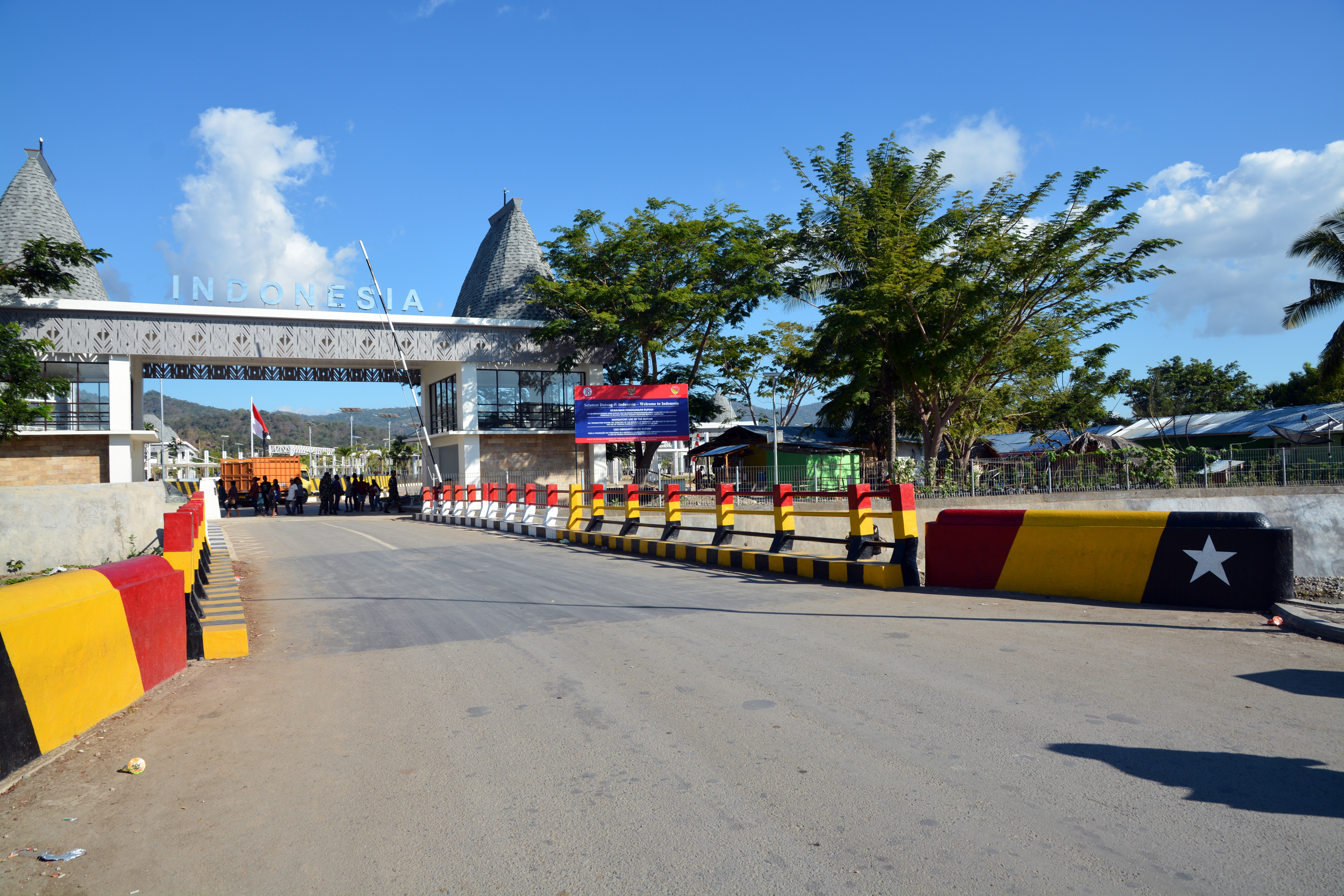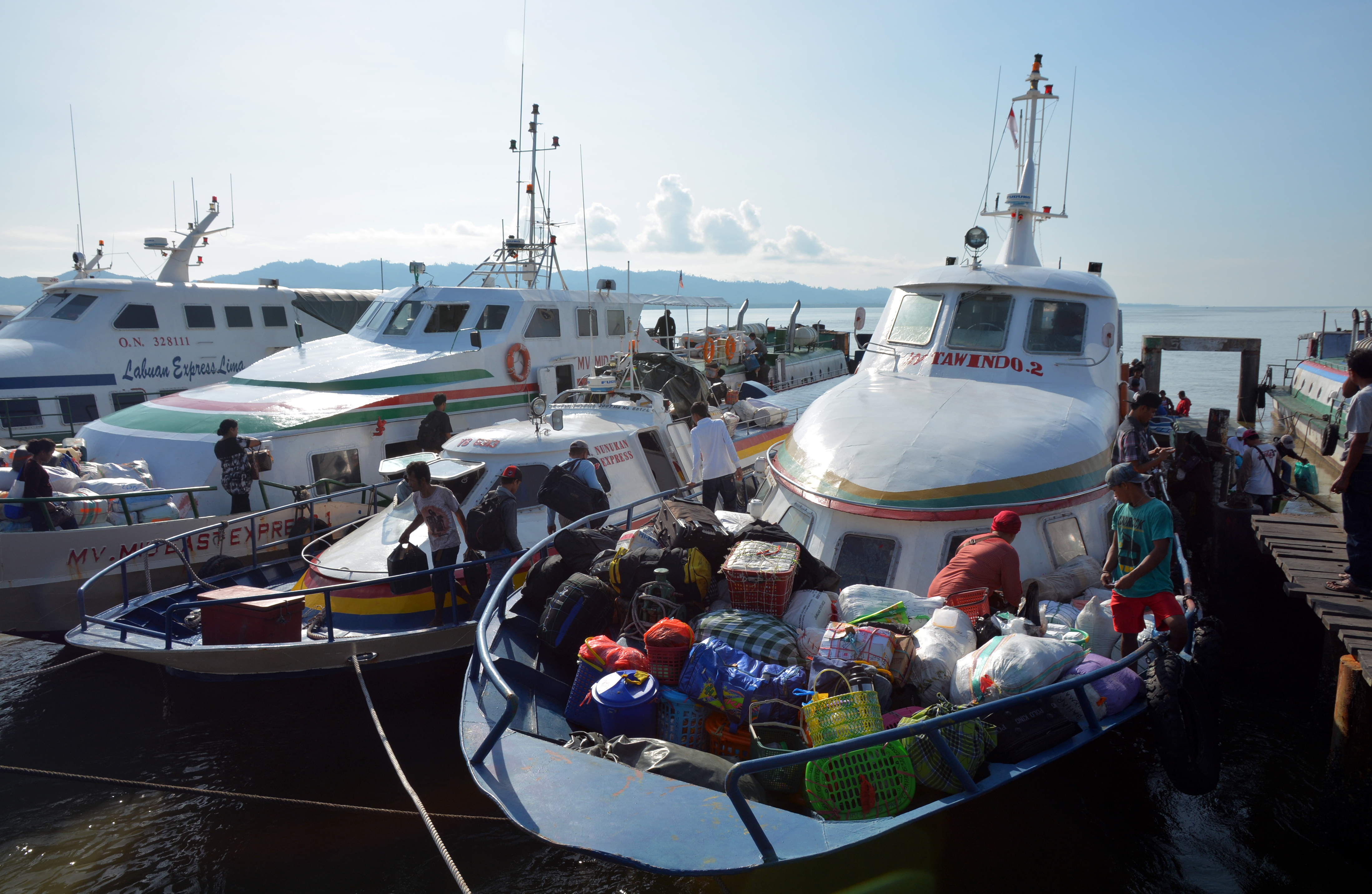- Project Leader : Nagatsu Kazufumi (Toyo University, School of Sociology)
- Collaborators : Okamoto Masaaki (Kyoto University, Center of Southeast Asian Studies)
- : Ono Mikiko (Kyoto University, Center for Southeast Asian Studies)
- : Ito Makoto (Tokyo Metropolitan University, Graduate School of Himanities)
- : Fukutake Shintaro (Sophia University, Faculty of Global Studies)
- : Kamata Mayumi (Nagoya University of Commerce & Business, Faculty of Economics)
- : Koizumi Yusuke (University of Tokyo, Graduate School of Arts and Sciences)
- : Honna Jun (Ritsumeikan University, College of International Relations)
- : Riwanto Tirtosudarmo (Indonesian Institute of Sciences (LIPI), Research Center for Society and Culture)
- : Alex John Ulaen (Sam Ratulangi University, Faculty of Letters)
- : Hosobuchi Michiko (Tokyo Metropolitan University, Graduate School of Sociology)
- : Kato Kumiko (Sophia University, Graduate School of Global Studies)
Outline of Research
Political meaning and government control of national borders drastically changed when the Cold War ended. Since then, the nation-states of Southeast Asia, regardless of their previous alignment, began to experience rapid transnational flows of people, commodities, and information. At the same time, the governments of those nation-states tightened border-crossing regulations to stem such flows. This research project will examine the changes in border controls and the dynamics of border societies in Indonesia after the 1990s from a comparative perspective. The study focuses on three transnational insular societies. A literature survey and fieldwork will be conducted at the Jakarta Liaison Office of CSEAS and research sites in
Indonesia.
Description
Although many scholars have examined the political changes in border controls in Indonesia, less attention has been paid to the dynamics of cross-border, or transnational, societies.
This project attempts to understand the dynamics of such societies after the late 1990s in Indonesia by focusing on three dimensions, namely, living zone, social network, and ethnic identity.
In the era of “reformasi” or reformation after 1998, Indonesia became rapidly involved in economic globalization. The Indonesian government began to facilitate transnational flows of people, commodities, and information. At the same time, it also tightened regulations to stem the uncontrolled nature of such flows. Thus, the government became more directly involved with border societies than it had been previously. How have the people in border societies reorganized their living zones, social networks, and ethnic identity in such a circumstance? This is the basic question of this project.
The project compares the dynamics of transnational societies in the three border zones of the Melaka Straits, the Sulu-Makassar Sea, and the Timor Sea. This approach analyzes both general as well as area-specific dynamics. The project is expected to contribute to Southeast Asian Studies by providing new insights into the multi-layered contexts and sociocultural meanings of national boundary, highlighting perspectives from people living in border areas.


